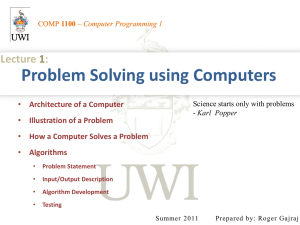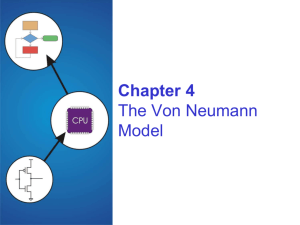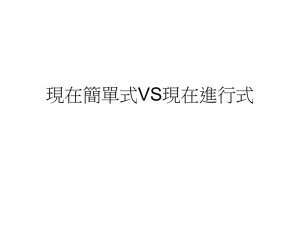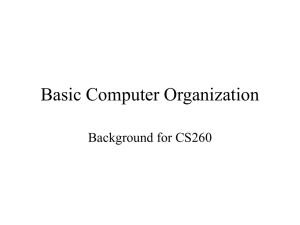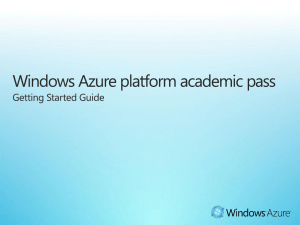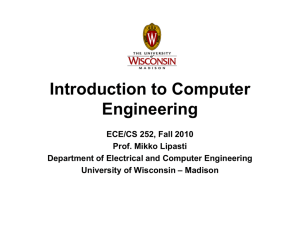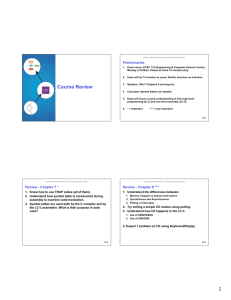The LC-2 Instruction Set Architecture
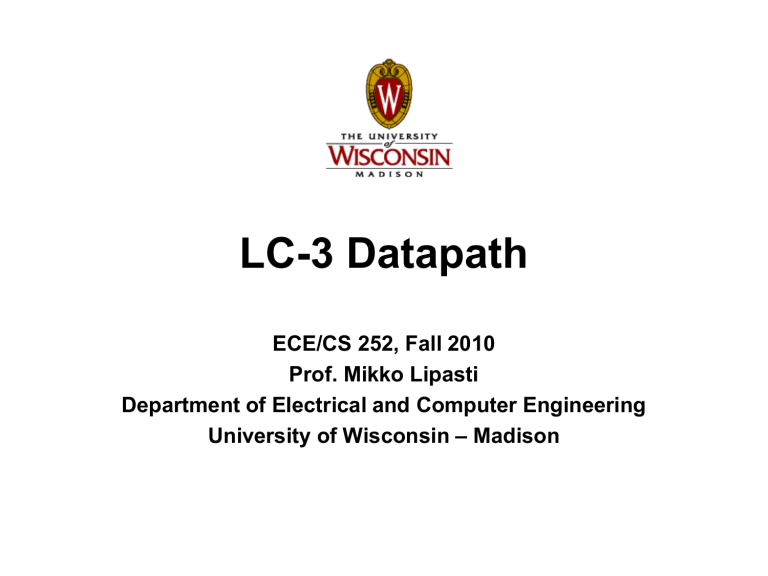
LC-3 Datapath
ECE/CS 252, Fall 2010
Prof. Mikko Lipasti
Department of Electrical and Computer Engineering
University of Wisconsin – Madison
LC-3
Data Path
Revisited
Copyright © The McGraw-Hill Companies, Inc. Permission required for reproduction or display.
Filled arrow
= info to be processed.
Unfilled arrow
= control signal.
Copyright © The McGraw-Hill Companies, Inc. Permission required for reproduction or display.
Data Path Components
Global bus
• special set of wires that carry a 16-bit signal to many components
• inputs to the bus are “tri-state devices,” that only place a signal on the bus when they are enabled
• only one (16-bit) signal should be enabled at any time
control unit decides which signal
“drives” the bus
• any number of components can read the bus
register only captures bus data if it is write-enabled by the control unit
Output
Input
Enable
Memory
Access
Control and data registers for memory and I/O devices
Memory: MAR, MDR (also control signal for read/write)
Register
File and
ALU
Copyright © The McGraw-Hill Companies, Inc. Permission required for reproduction or display.
Copyright © The McGraw-Hill Companies, Inc. Permission required for reproduction or display.
Data Path Components
ALU
• Accepts inputs from register file and from sign-extended bits from IR (immediate field).
• Output goes to bus.
used by condition code logic, register file, memory
Register File
• Two read addresses (SR1, SR2), one write address (DR)
• Input from bus
result of ALU operation or memory read
• Two 16-bit outputs
used by ALU, PC, memory address
data for store instructions passes through ALU
Fetch and
Memory
Address
Generation
Copyright © The McGraw-Hill Companies, Inc. Permission required for reproduction or display.
Copyright © The McGraw-Hill Companies, Inc. Permission required for reproduction or display.
Data Path Components
PC and PCMUX
• Three inputs to PC, controlled by PCMUX
1. PC+1 – FETCH stage
2. Address adder – BR, JMP
3. bus – TRAP (discussed later)
MAR and MARMUX
• Two inputs to MAR, controlled by MARMUX
1. Address adder – LD/ST, LDR/STR
2. Zero-extended IR[7:0] -- TRAP (discussed later)
Condition
Code Logic and Control
Unit
Copyright © The McGraw-Hill Companies, Inc. Permission required for reproduction or display.
Copyright © The McGraw-Hill Companies, Inc. Permission required for reproduction or display.
Data Path Components
Condition Code Logic
• Looks at value on bus and generates N, Z, P signals
• Registers set only when control unit enables them (LD.CC)
only certain instructions set the codes
(ADD, AND, NOT, LD, LDI, LDR, LEA)
Control Unit – Finite State Machine
• On each machine cycle, changes control signals for next phase of instruction processing
who drives the bus? (GatePC, GateALU, …)
which registers are write enabled? (LD.IR, LD.REG, …)
which operation should ALU perform? (ALUK)
…
• Logic includes decoder for opcode, etc.
Copyright © The McGraw-Hill Companies, Inc. Permission required for reproduction or display.
Summary
LC-3 Data Path
• Global Bus
• Memory Interface
• Register File and ALU
• Fetch and Memory Address Generation
• Condition Code Logic
• Control Unit
Just one way to build the data path for this ISA
Alternatives may:
• Consume less power
• Provide better performance, clock frequency


